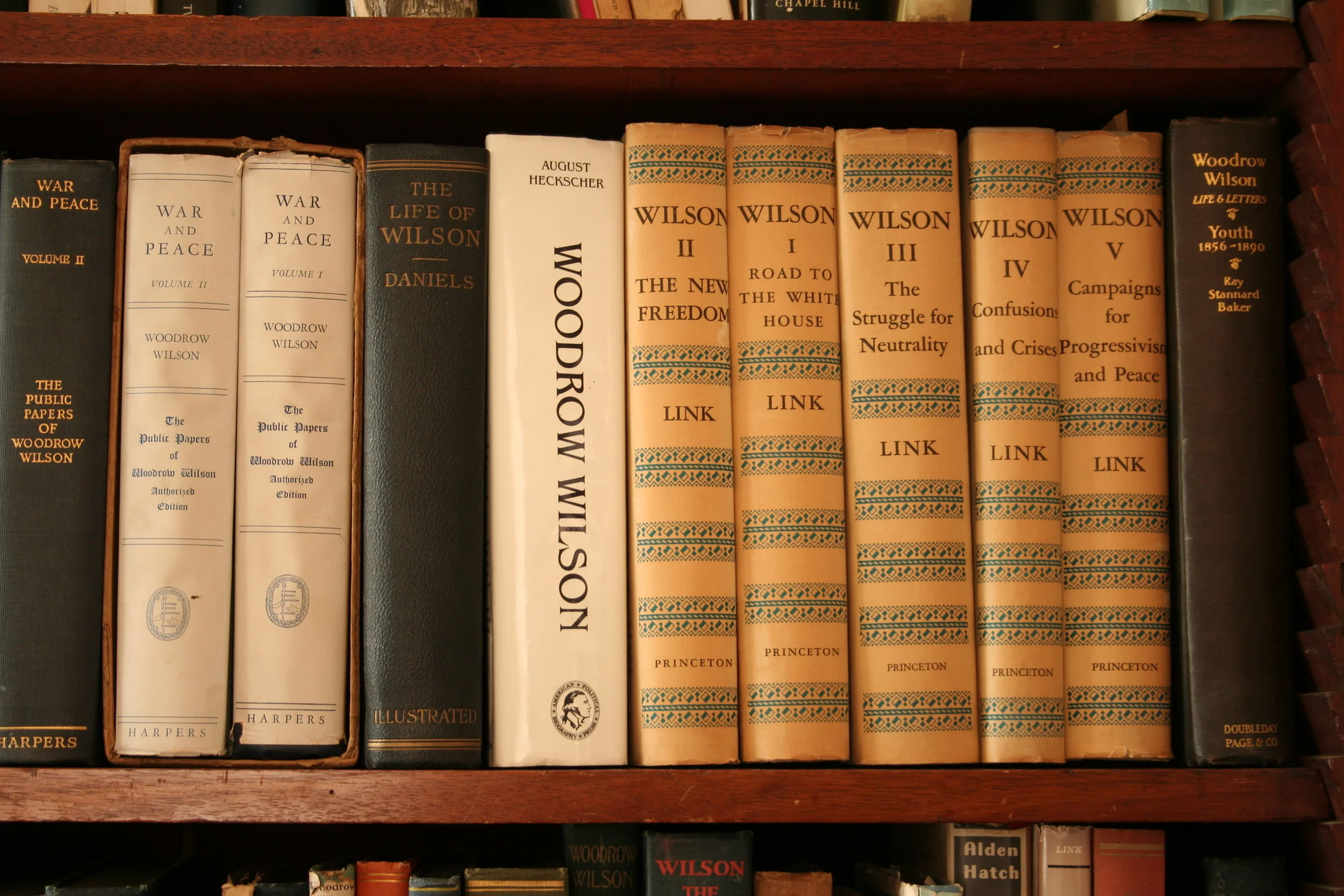Armistice
/The timing of the end of the war still remained uncertain as the week began, one hundred years ago. In a letter to his cousin on November 5, Woodrow Wilson wrote, “I am constantly fearful lest mistakes be made in these tremendous matters with which we are dealing, and it is an immense comfort to think of the friends who are helping me with their thoughts and prayers.”
Everyone knew that the entire situation could still blow up. Perhaps he was thinking of not only the difficult negotiations to end the war, but also the national elections that took place that day. He would have been right to be worried. The Republicans gained many victories, though Senator Key Pittman wrote to President Wilson the next day that, “We may confidently look forward to maintaining our organization in the Senate, and to re-organizing the House.” In reality, what the election meant was that Wilson would have a hard time getting any of his peace plans approved by the Senate.
Also on November 6, a telegram announced that revolution had broken out among the German sailors at Kiel, leading to heavy fighting on the streets of Hamburg and other cities. The Allied Powers expected the crumbling German Empire to accept harsh terms of surrender, but the troops were still on alert in France.
The important thing for President Wilson was to engineer a lasting peace for the warring nations of the world. French and British leaders were on board with the terms, in theory, enough so that the new German democracy agreed to surrender just a few days after putting down the rebellion and the armistice was declared on November 11, 1918.
Though there would still be much work for Wilson and other international leaders to do in the following year, Europeans welcomed Woodrow Wilson with cheering parades in December. For a short time, they saw him as the man who had brought an end to war, and it seemed as if the time of worry had come to an end.



